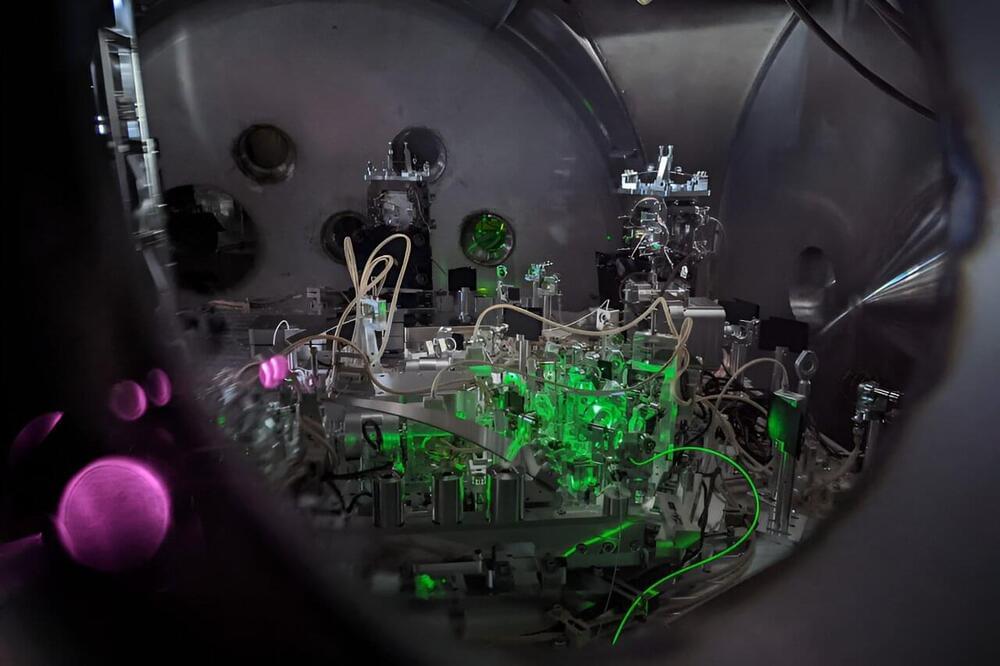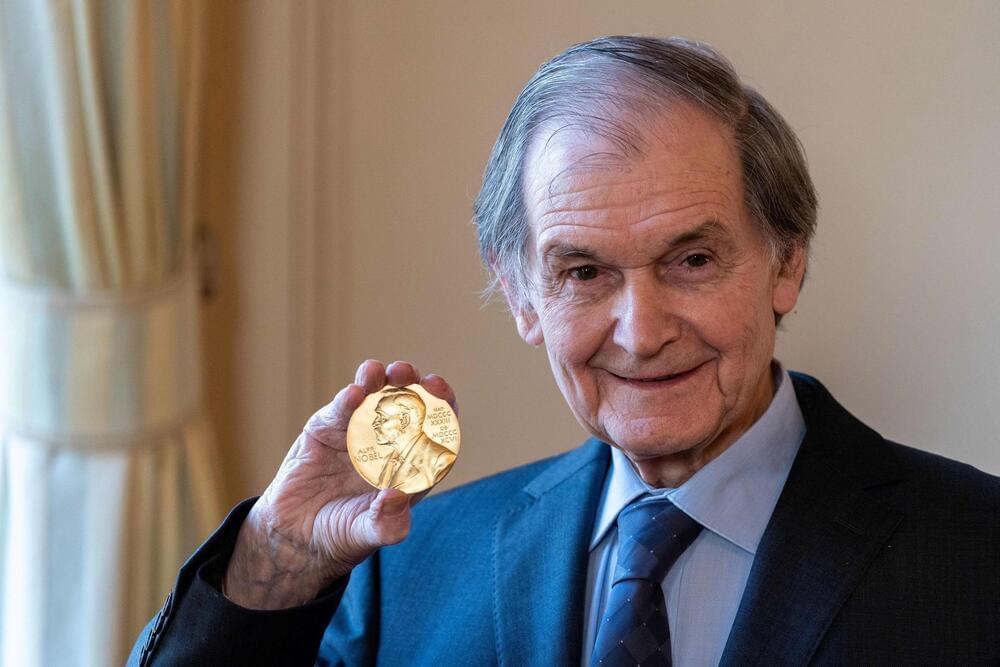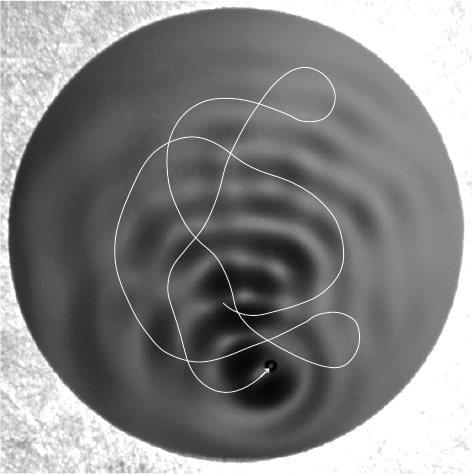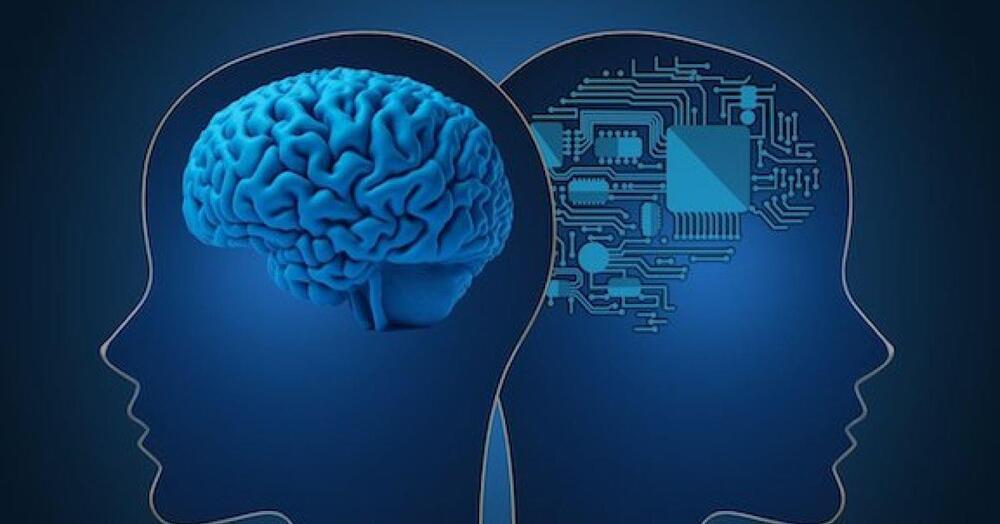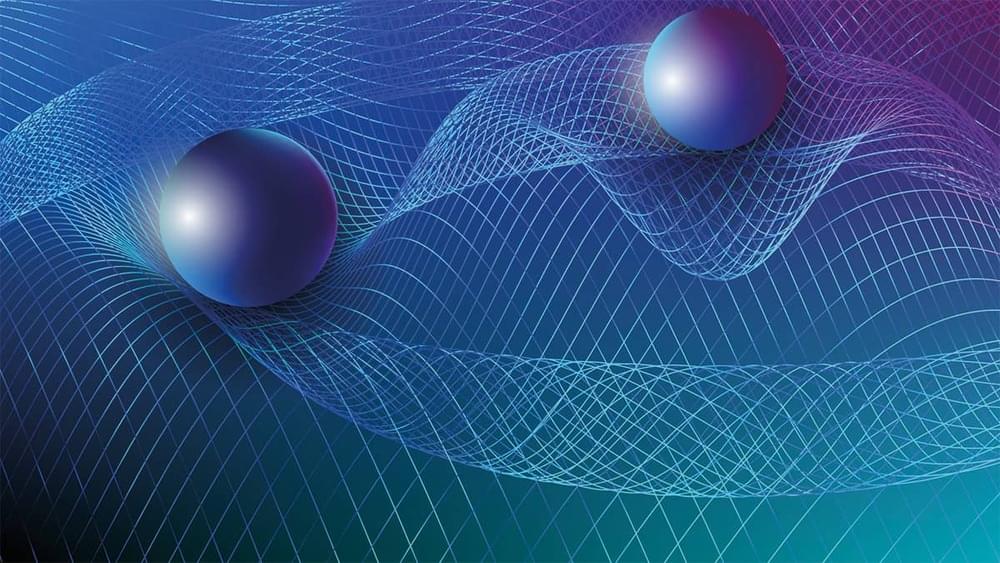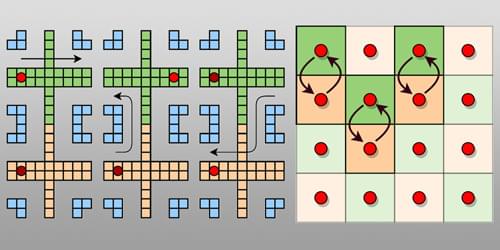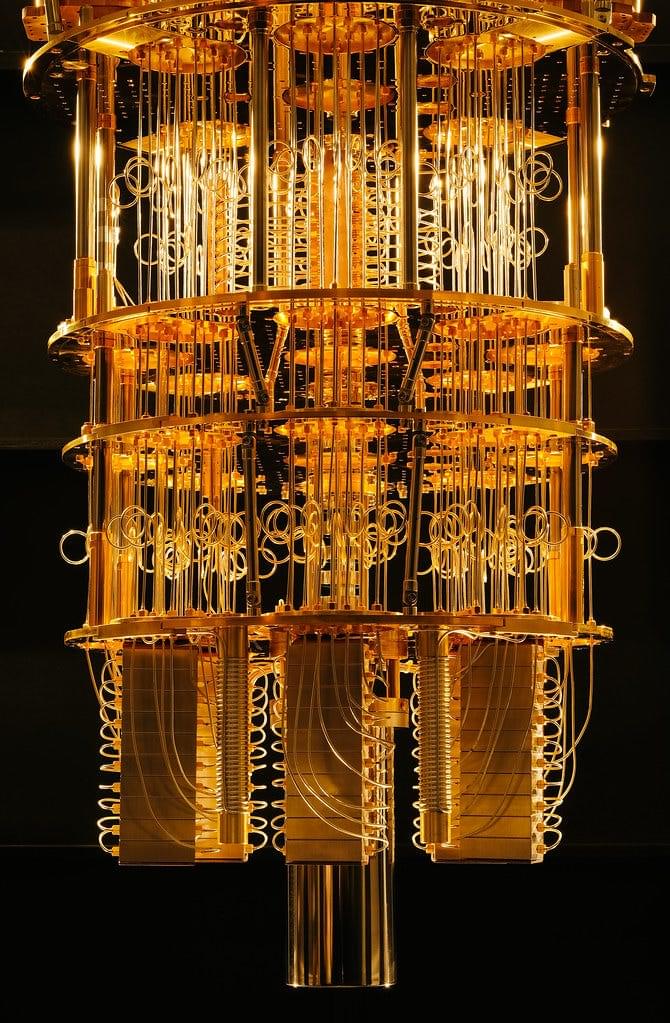The Chicago region has been named an official US Regional and Innovation Technology Hub for quantum technologies by the Biden-Harris administration, a designation that opens the door to new federal funding and recognizes the growing strength of an ecosystem poised to become the heart of the nation’s quantum economy. The Bloch Tech Hub (pronounced “block”), a coalition of industry, academic, government, and nonprofit stakeholders led by the Chicago Quantum Exchange, was one of 31 designees from nearly 400 applications across the country.
The selection, announced Monday morning by the White House and the US Department of Commerce’s Economic Development Administration (EDA), is the first phase of a federal initiative designed to “supercharge” innovation economies that have the potential to become global leaders in a critical technology within a decade. As a recipient of the US Tech Hubs designation, The Bloch is now eligible to apply for the program’s second phase, which could include millions of dollars in funding to implement the hub’s activities. It was one of two US Tech Hubs designated in Illinois, the other focused on biomanufacturing.
“Home to world-class institutions and first-rate research centers, Illinois is transforming technology, biomanufacturing, and innovation at every turn,” said Illinois Governor JB Pritzker. “I couldn’t be prouder that the Biden Administration has selected the Chicago Quantum Exchange’s The Bloch and the University of Illinois at Urbana-Champaign’s iFAB Hub as two of just 31 inaugural tech hubs — opening the door for even more investment, advancement, and discovery. There’s no doubt that the rest of the nation have caught on to our great state’s status as an innovation powerhouse — and our future couldn’t be brighter.”

